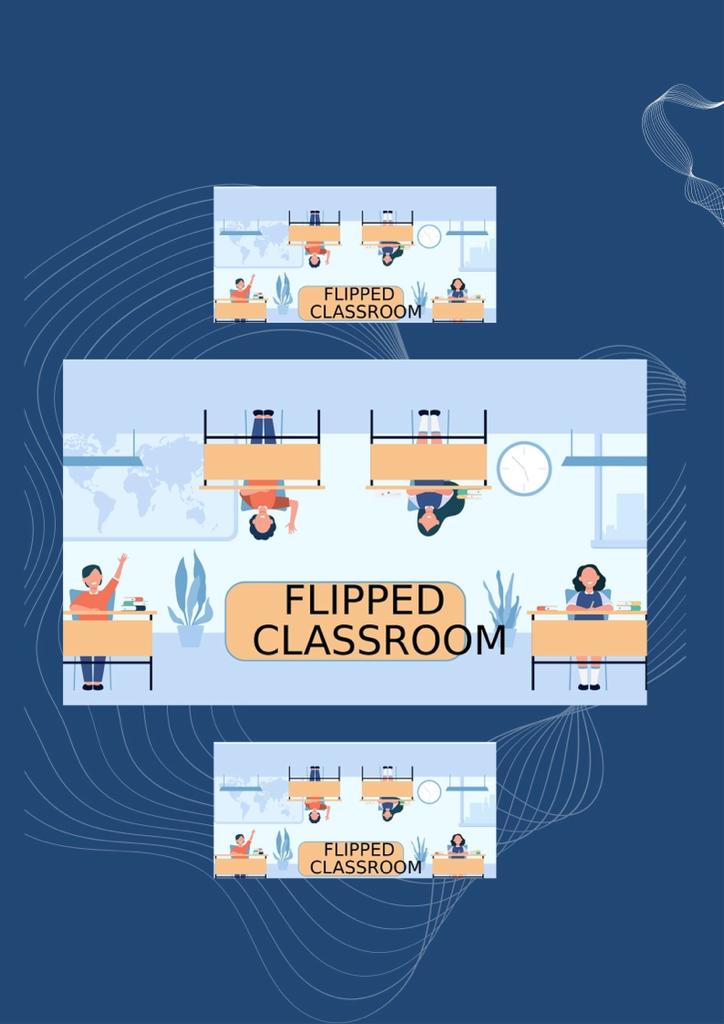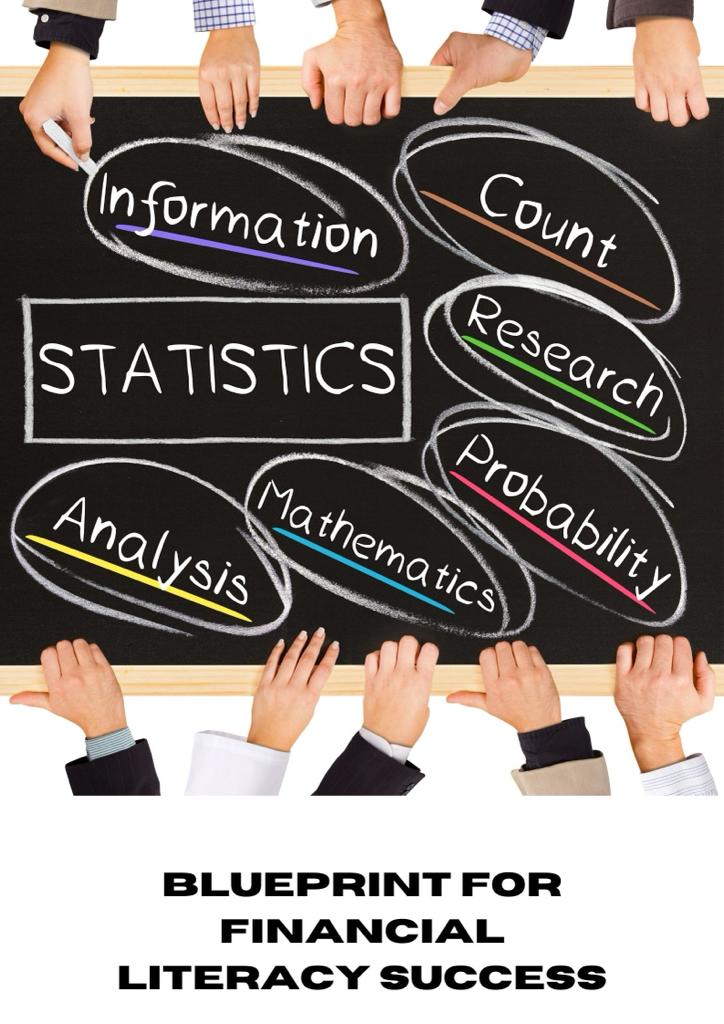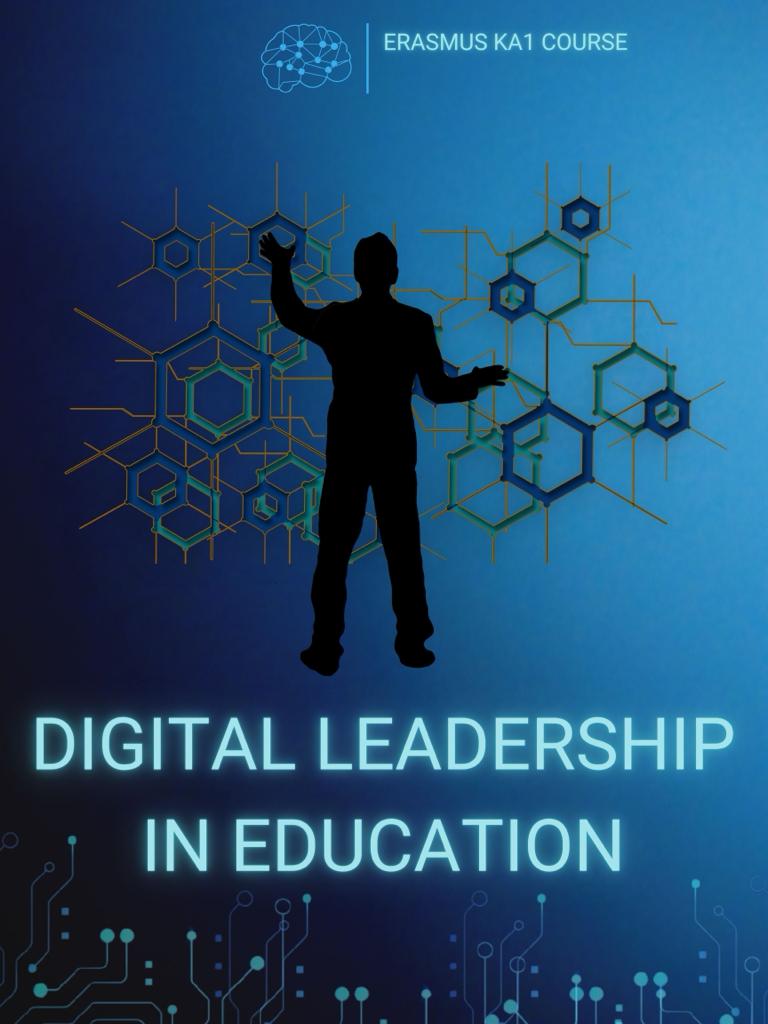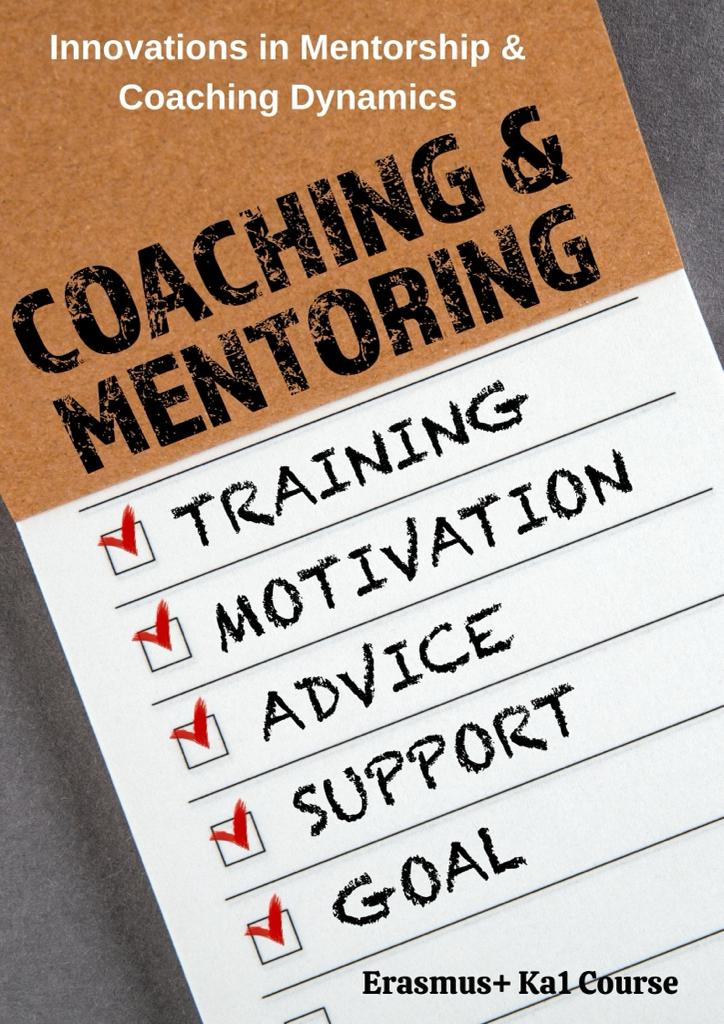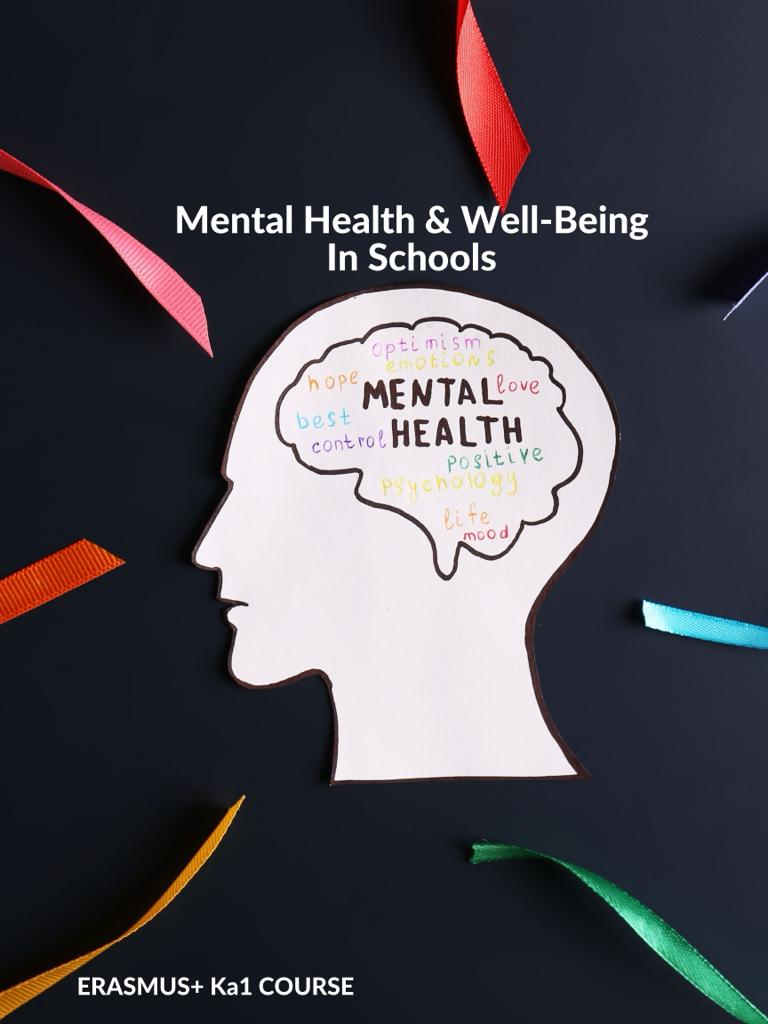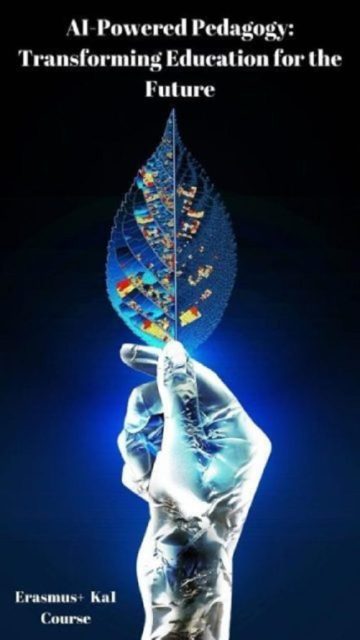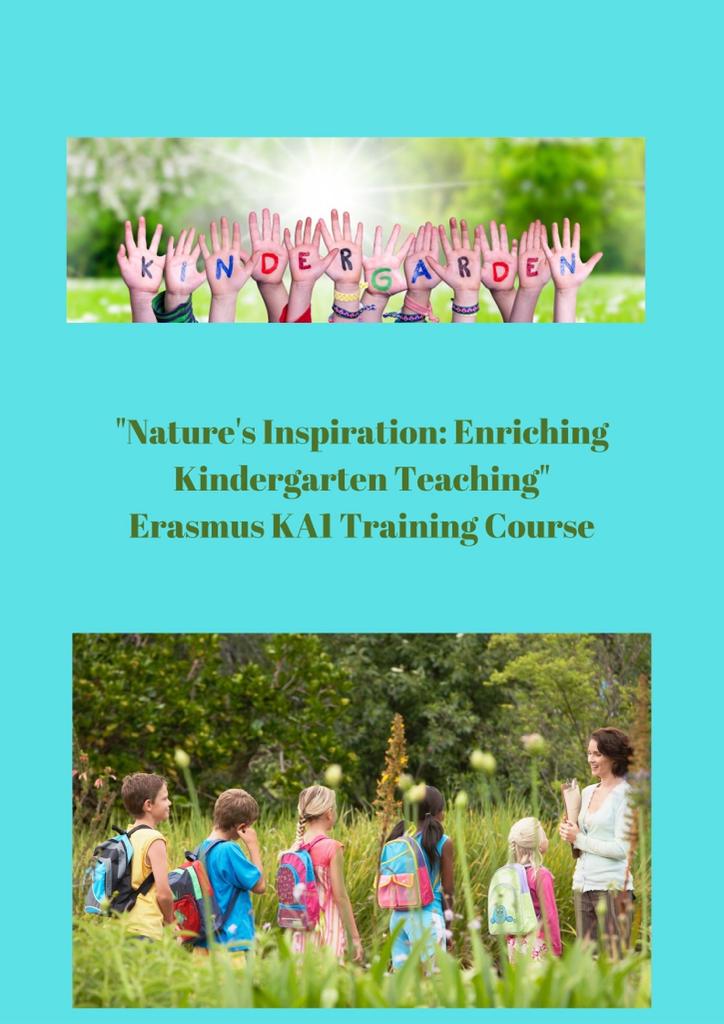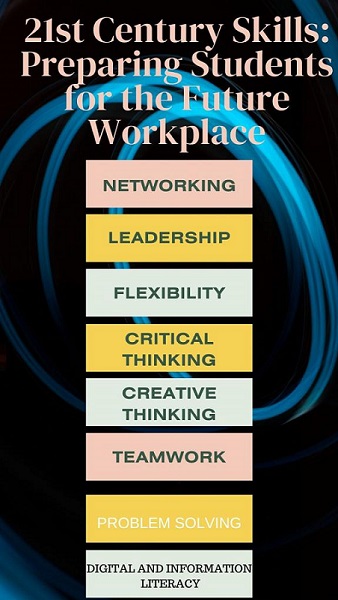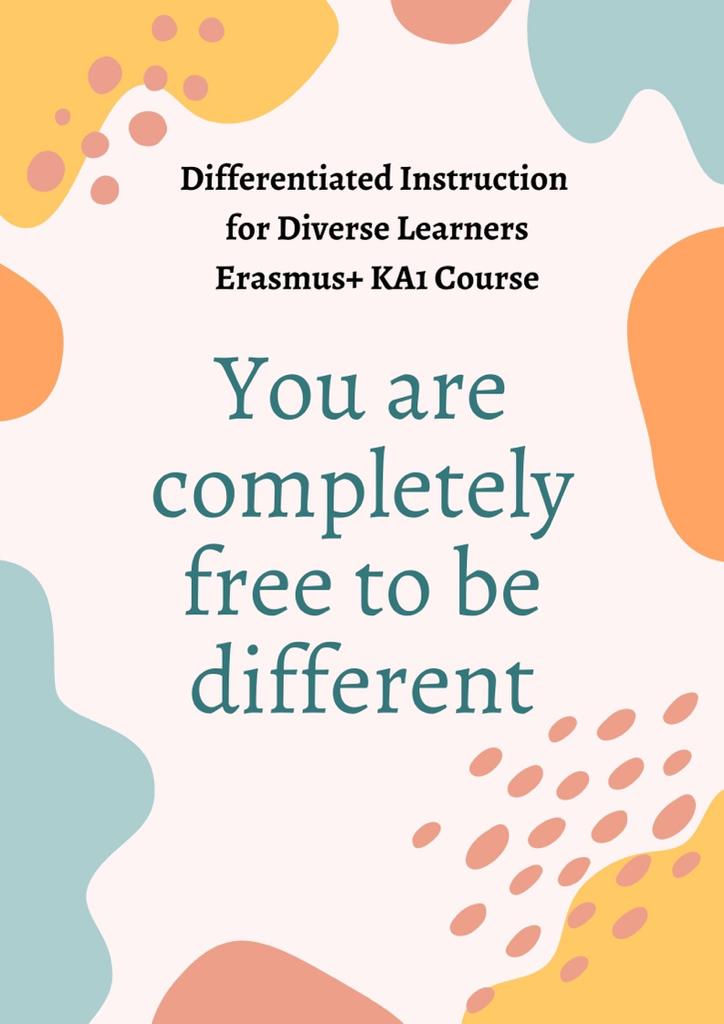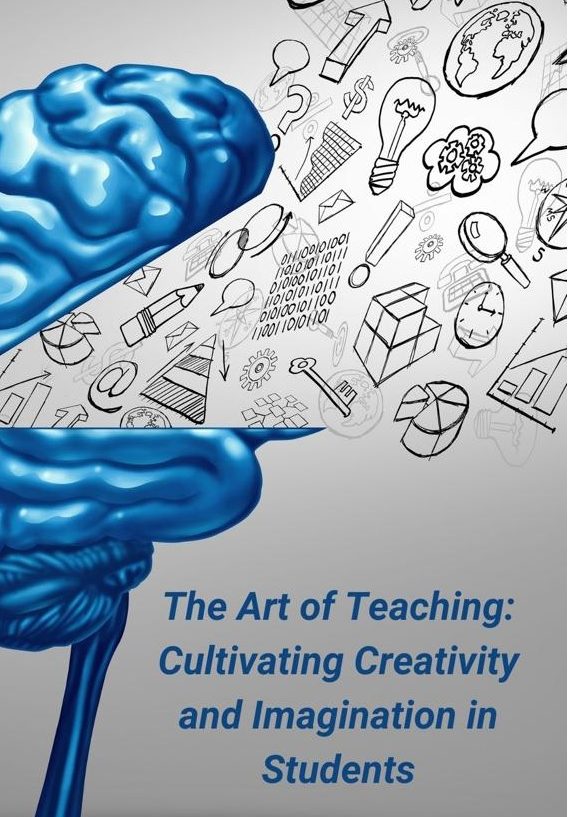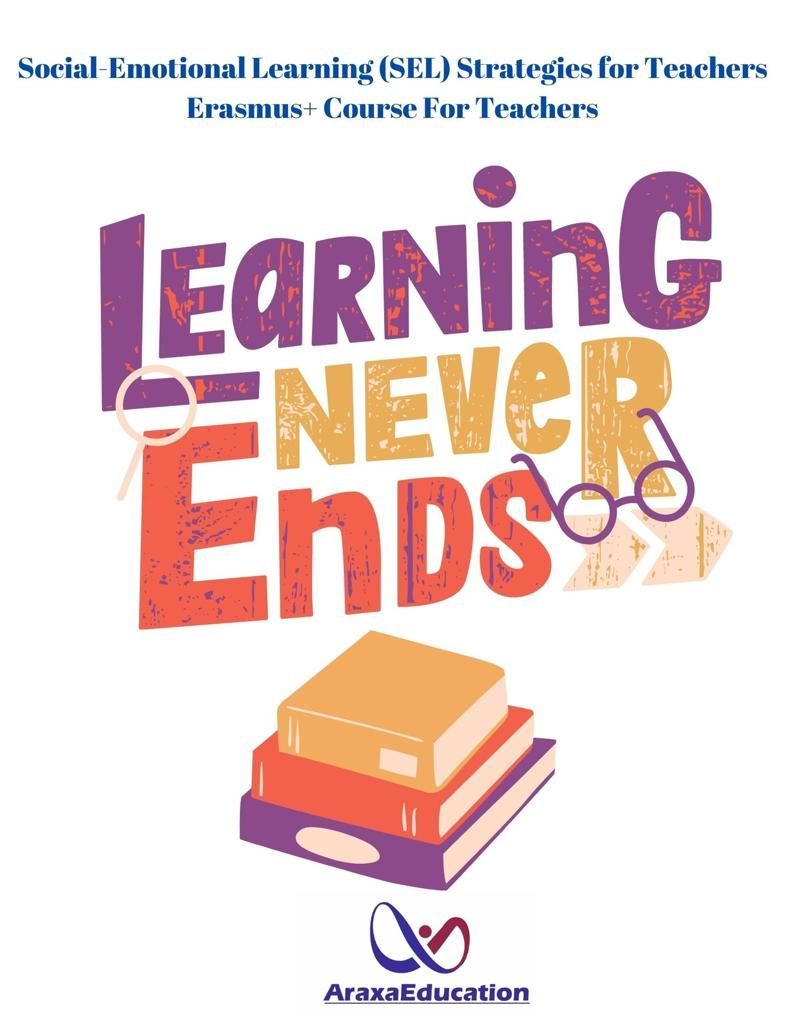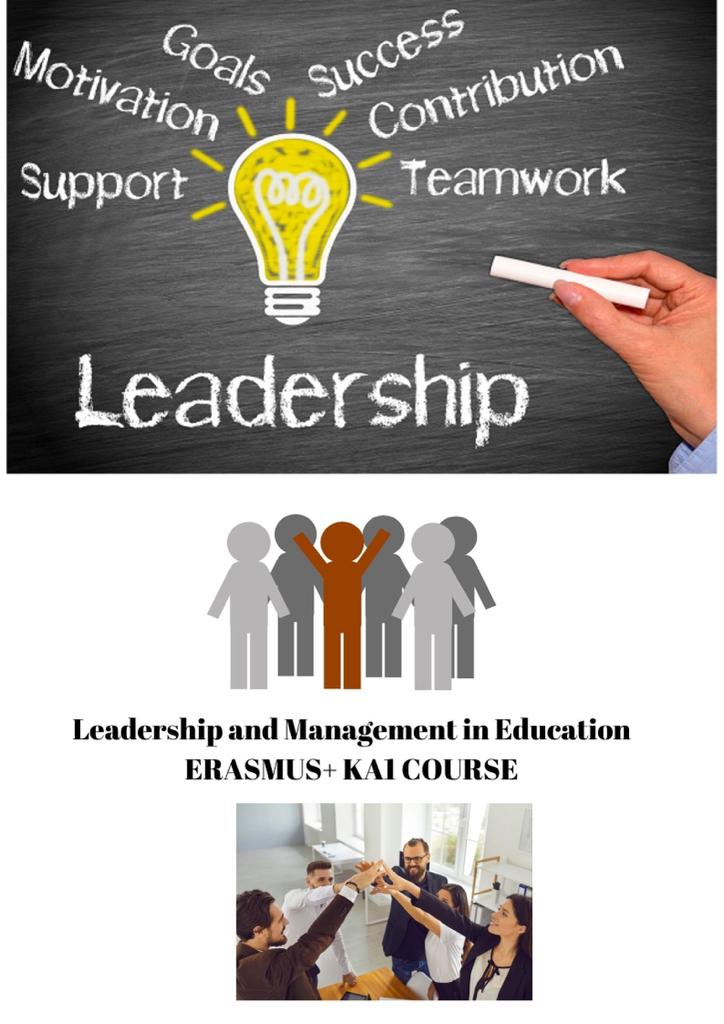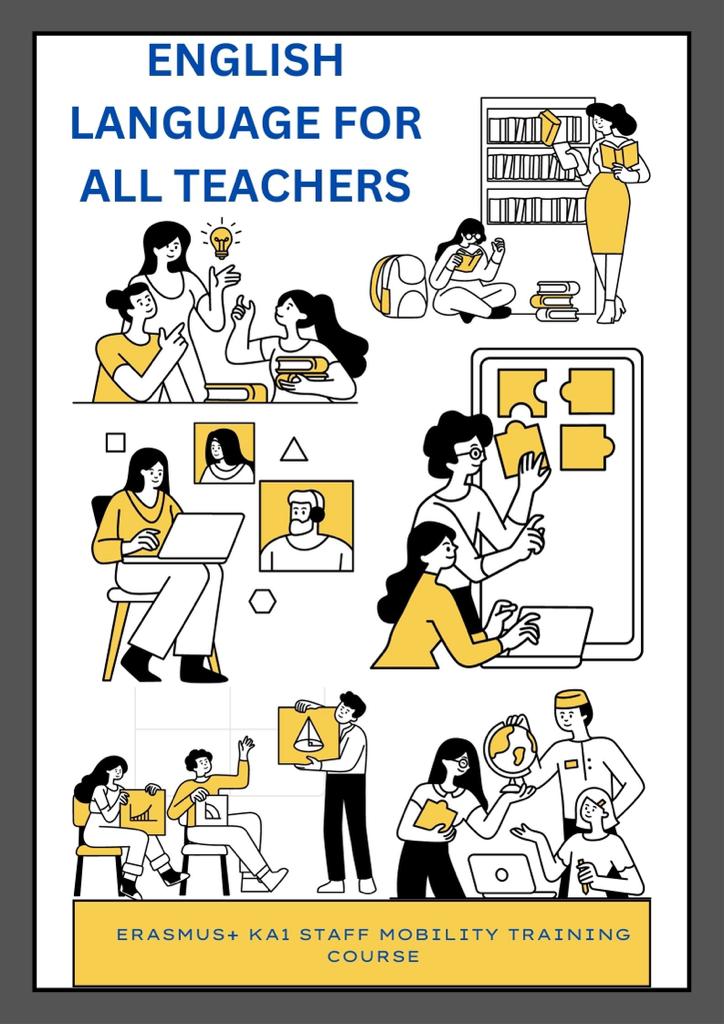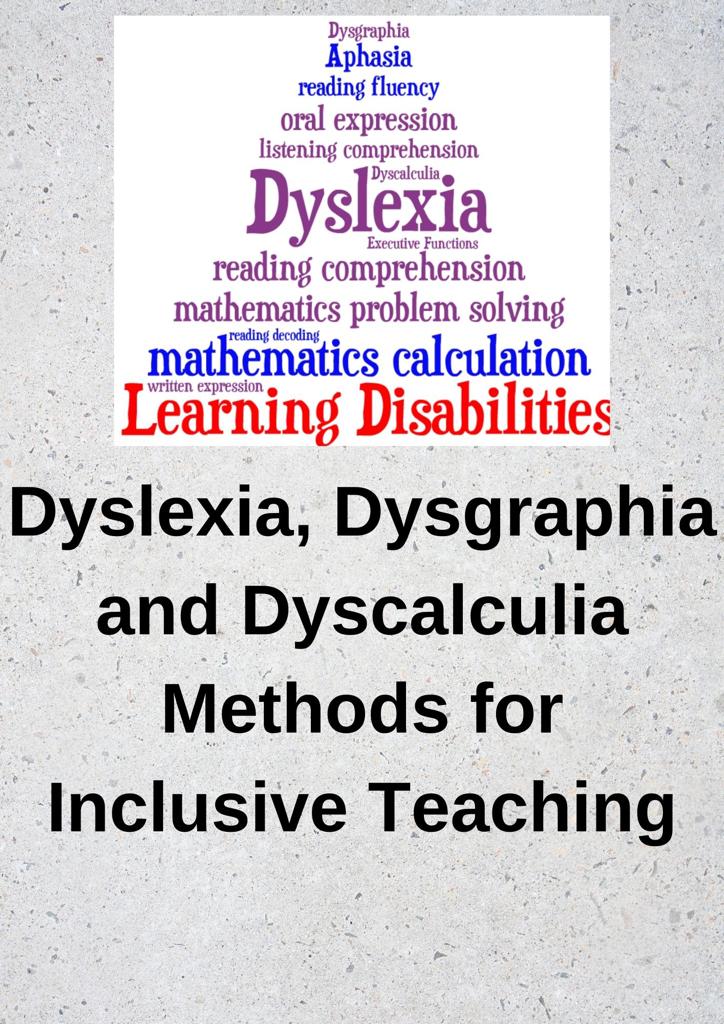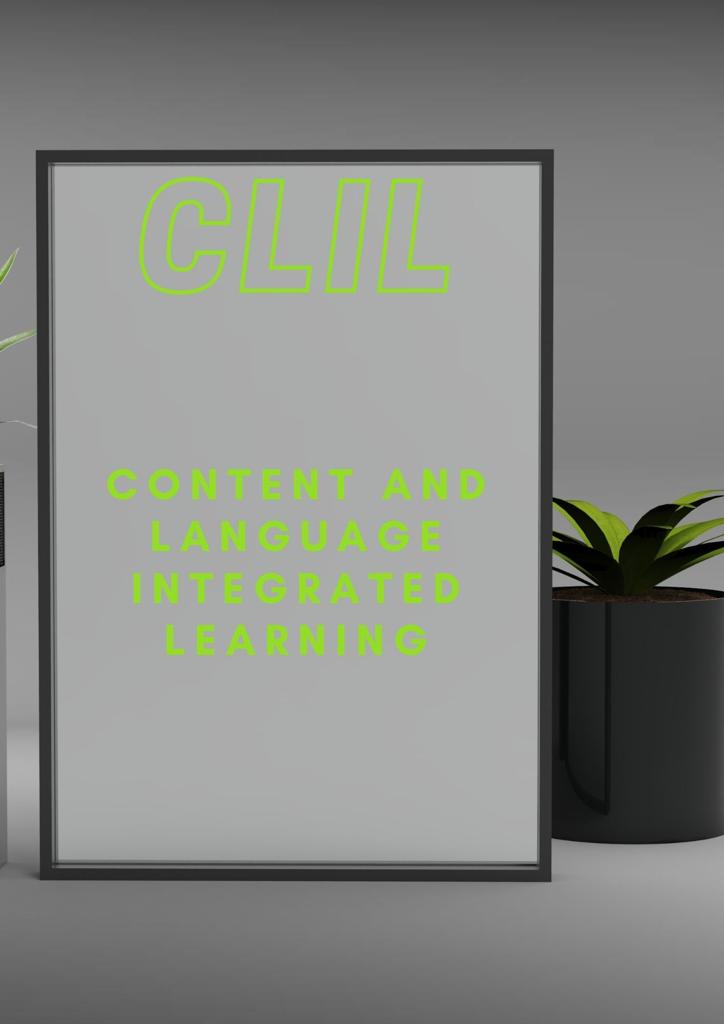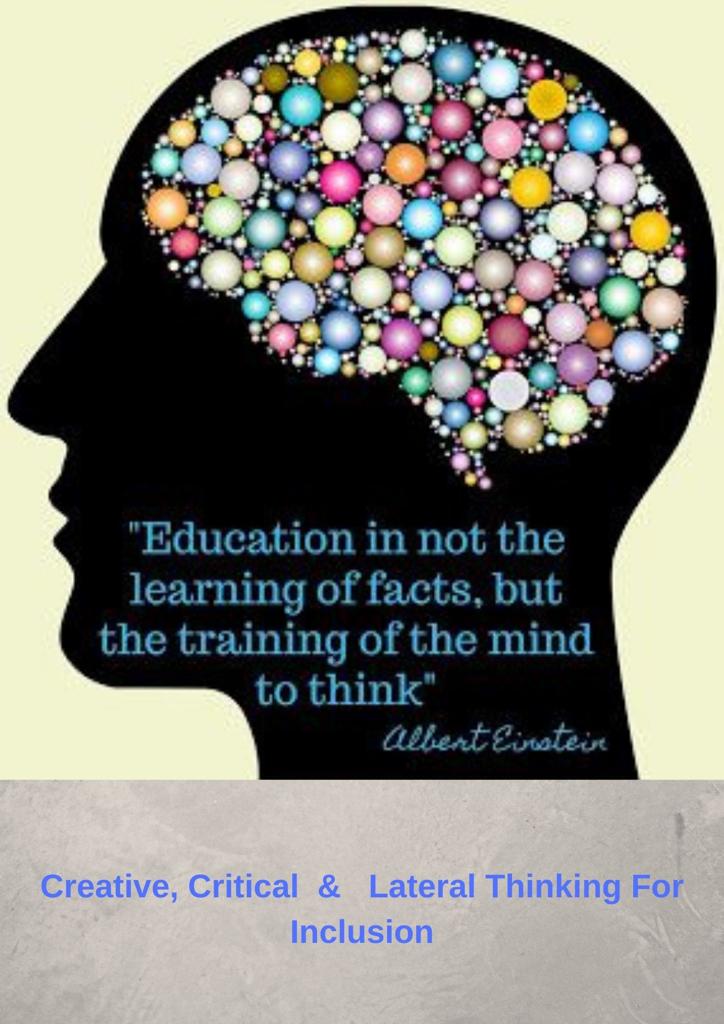| Course Description | “Simplicity is the ultimate sophistication.”
Leonardo Da Vinci As teachers, we always complain about not having enough class time and wish for more. A flipped classroom can be one of the answers to this wish. Hence, this course is for teachers who are looking for more class time without increasing their teaching hours. The participants will start the course by stating the advantages and disadvantages of flipping classrooms and the rationale behind choosing this option. After grasping the principles of flipping a classroom, the course aims to equip them with knowledge, skills, and strategies that would enable them to practice flipping their own classrooms. |
| Methodologies Of The Course | 1. Workshops: Workshops are an integral part of the course, providing participants with the opportunity to engage in active learning and collaborative problem-solving. The workshop sessions will include: – Interactive discussions on the fundamental principles of the flipped classroom. – Exploration of various instructional design strategies for creating flipped content. – Hands-on experience with technology tools used in flipping classrooms. – Group activities and case studies to apply the concepts learned.2. Presentations: Presentations will be used to deliver key theoretical content, research findings, and best practices in a structured and informative manner. These presentations will cover topics such as: – The history and evolution of the flipped classroom model. – Theoretical frameworks supporting flipped learning. – Effective assessment and feedback strategies in a flipped classroom. – Tips for addressing common challenges and pitfalls.3. Good Practice Sharing: Good practice sharing sessions provide a platform for participants to learn from each other’s experiences and success stories. This methodology involves: – Peer-led discussions on the successful implementation of flipped classrooms. – Showcasing real-world examples of flipped lessons and their impact on student learning. – Sharing insights on overcoming obstacles and adapting to different teaching contexts.4. Hands-on Practice: Practical application is a crucial component of this course. Participants will have opportunities for hands-on practice, including: – Designing and creating flipped learning materials (videos, quizzes, etc.). – Simulating flipped classroom activities and interactions. – Receiving constructive feedback and guidance from instructors and peers. – Troubleshooting common technical issues related to flipped content creation.5. Reflection and Feedback: Throughout the course, reflection and feedback mechanisms will be in place to promote continuous improvement and self-assessment. This includes: – Regular self-assessment opportunities to monitor personal growth and understanding. – Peer evaluations and feedback on presentations and practical exercises. – Instructor-guided reflection activities to help participants apply course content to their unique teaching contexts. |
| Pedagogical Approach | ● student-centered approach |
| Learning Outcomes | By the end of the course, the participants will be able to
|
| Language of Communication | English |
| Duration | 5 Days |
| Type of Certification Awarded |
|
Schedule of the Activities
| Online Meeting Program | Room for improvement – what the needs of your institution are, what you need to learn: adjusting course learning outcomes and activities as needed |
| Day 1 |
|
| Day 2 | ▪ Energizer Activity
▪ Examining the potentials of flipped classroom ▪ Technological barriers to the flipped classroom |
| Day 3 | ▪ Energizer Activity
▪ Identifying the traditional resources ▪ Using web-based tools ▪ Increasing learner-engagement |
| Day 4 | ▪ Energizer Activity
▪ Flipping a unit: Analyzing an Example ▪ My Learning Portfolio – daily input |
| Day 5 | ▪ Energizer Activity
▪ Flipping a week: Analyzing an example ▪ My Learning Portfolio – daily input |
| Online meeting | ▪ My Learning Portfolio – participants’ presentation of their finalised portfolios
▪ Learning outcomes – evaluation of the course and level of achieved learning outcomes ▪ Dissemination activities – creating a plan ▪ Activities with students – reflecting on the PBL scenarios |
|
Course Fee
|
The course fee is 80 euros per participant per day.
This fee does not cover some expenses like accommodation or travel etc. Costs covering enrolment fees for staff mobility format ‘Courses and training’. ( Source: Erasmus+ Program Guide) |
You can also make requests for different dates and locations when filling out the pre-registration form, aside from the planned program.
|
PLANNED |
Zagreb, Croatia
1. May 06-10, 2024 2. June 17-21, 2024
Budapest, Hungary 1. May 13-17, 2024 2. July 22-26, 2024
İstanbul, Türkiye 1. May 20-24, 2024 2. August 26-30, 2024
Alanya, Türkiye 1. May 27-31, 2024 2. September 30-October 04, 2024
Antalya, Türkiye 1. June 03-07, 2024 2. November 04-08, 2024
Rome, Italy 1. June 10-14, 2024 2. December 09-13, 2024
Paris, France 1. June 17-21, 2024 2. January 13-17, 2025
Barcelona, Spain 1. June 24-28, 2024 2. February 10-14, 2025
Thessaloniki, Greece 1. July 01-05, 2024 2. March 17-21, 2025
Lisbon, Portugal 1. July 08-12, 2024 2. April 21-25, 2025 |
Discover the power of a flipped classroom with our Erasmus+ KA1 course! As teachers, we often feel the pressure of limited class time. But what if there was a way to maximize teaching hours without adding to our workload?
Our course is tailored for educators seeking practical solutions to this challenge. We’ll start by discussing the pros and cons of flipping classrooms and why it’s a viable option. Then, we’ll equip you with the knowledge, skills, and strategies needed to implement flipping in your own classrooms.
With our Erasmus+ KA1 course, you’ll learn how to create dynamic learning environments that engage students and optimize class time.

